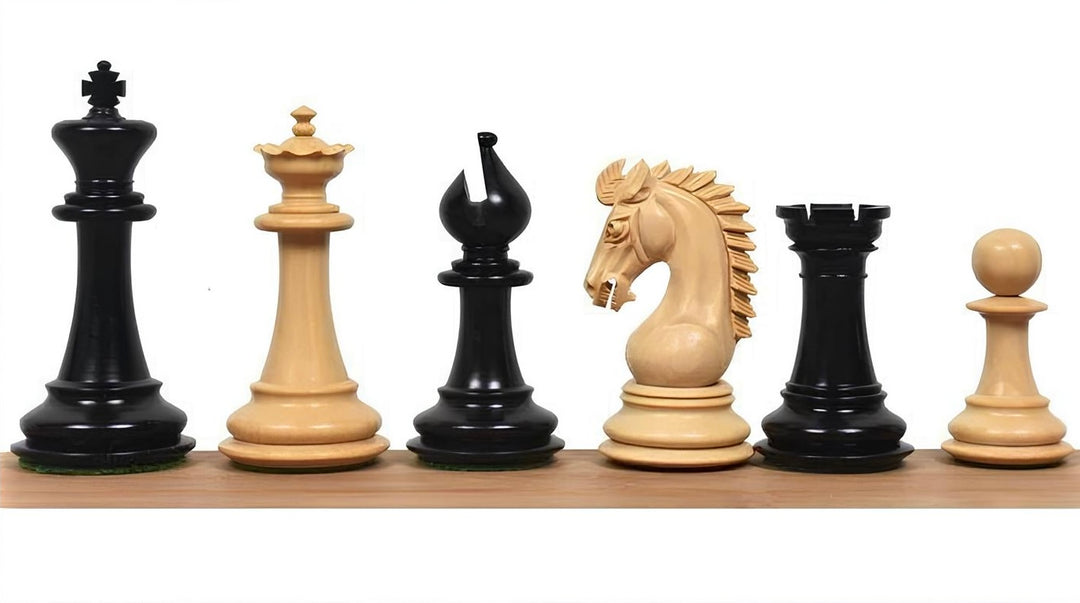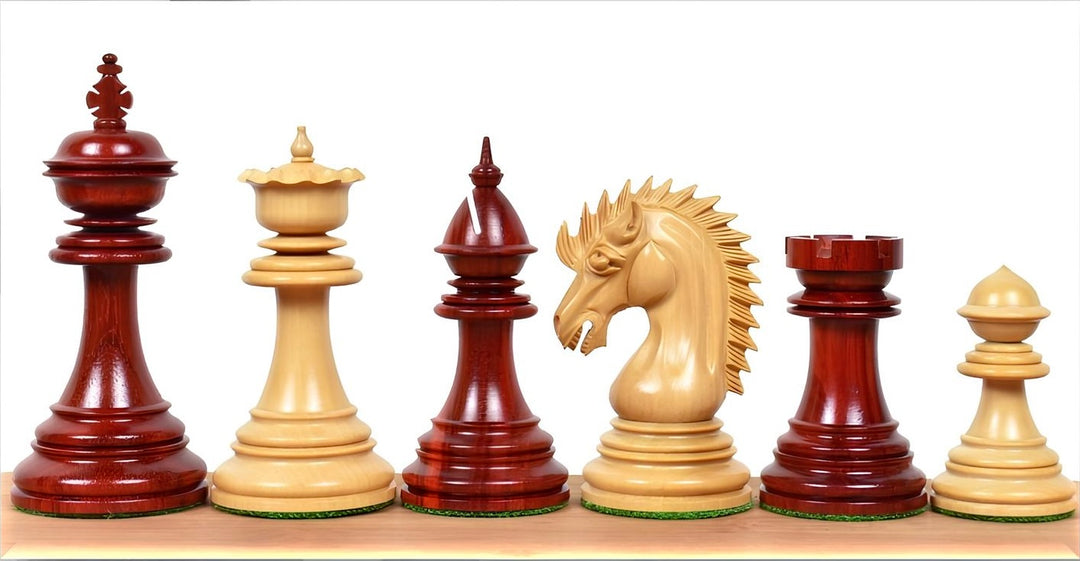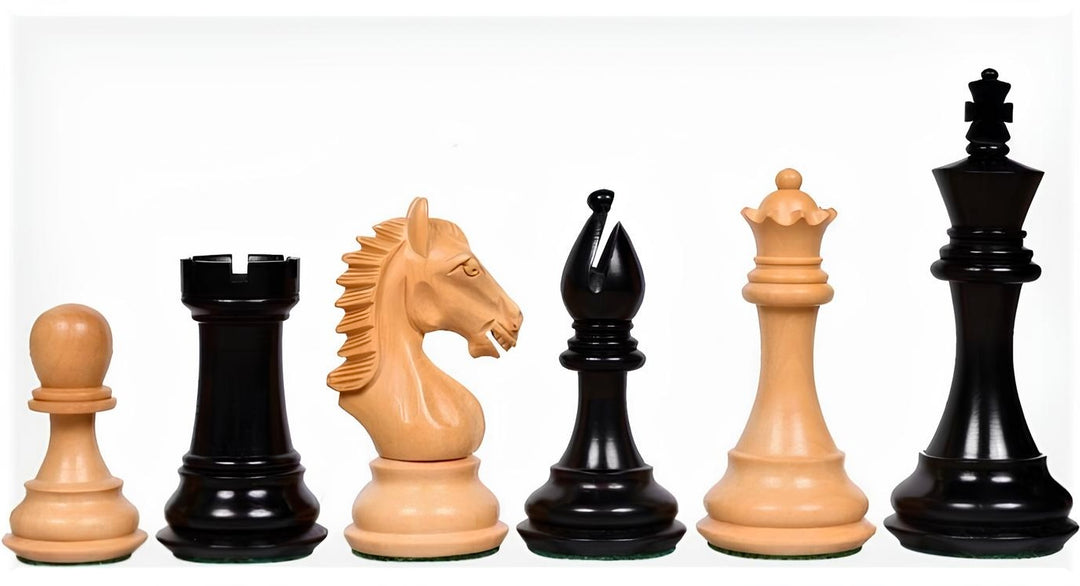Introduction
Chess, a game steeped in history and strategy, has captivated minds for centuries. Among the arsenal of pieces at a player's disposal, the queen stands out as the most powerful and dynamic. This article explores why the queen is considered the most valuable piece in chess, examining its capabilities, strategic importance, and the impact it can have on the game.
The Role and Powers of the Chess Queen
Historical Background
The queen as we know it today wasn’t always the most formidable piece on the board. Originally known as the vizier, the piece could only move one square diagonally, making it relatively weak. It was not until the late 15th century, during a period known as the Mad Queen’s chess, that the rules governing the queen’s movement evolved drastically. This change was part of a larger set of rule modifications intended to speed up the game. The queen’s enhanced mobility of moving multiple squares in any direction radically changed the dynamics of chess.
Movement and Capture
In modern chess, the queen combines the power of the rook and bishop, moving any number of squares along a rank, file, or diagonal, though it cannot jump over other pieces. Its versatility allows it to control a wide range of the board and exert influence over both open and congested segments of the game. This ability to switch from defense to offense seamlessly makes the queen a formidable force in nearly every tactical situation.
Strategic Importance of the Queen
Opening and Development
In the opening phase of a chess game, while the primary objective is to develop the knights and bishops for early control of the board's center, the underlying goal is to prepare a safe position for the queen and king (castling). The queen must be mobilized at the right moment; premature development can expose it to attacks and weaken a player’s position.
Mid-Game Tactics
As the game transitions into the mid-game, the queen's value increases with the open nature of the evolving board. Here, the queen can shine, engaging in attacks, defending key pieces, and controlling significant squares. It’s particularly effective in forks where it can attack two or more pieces simultaneously, and in pins where it can immobilize an opponent’s piece against a more valuable target behind it.
Endgame Scenarios
In endgames, the queen's mobility makes it incredibly potent when fewer pieces are on the board. It can swiftly transition across different parts of the board, supporting its own pawn promotion while thwarting the opponent’s. Its ability to deliver checkmate with the support of the king makes it invaluable in closing games. In many instances, the player who maintains a queen in the endgame while the opponent does not will have a decisive advantage.
Comparative Value to Other Pieces
Value in Points
Chess pieces are often assigned point values to help assess their overall impact on the game. Typically, the queen is valued at nine points, juxtaposed against the rook (five points), bishop and knight (three points each), and the pawn (one point). This numerical assessment aligns with the queen’s extensive range and capability compared to other pieces.
Coordination with Other Pieces
Despite its might, the queen achieves maximum effectiveness in coordination with other pieces. It works splendidly in conjunction with rooks, bishops, or knights, creating tactical threats across the chessboard. A well-positioned queen, backed by other pieces, can often be the key to a successful combination or attack leading to victory.
High Stakes: The Risk of Losing the Queen
The Impact of 'Queening'
In chess, promoting a pawn to any other piece upon reaching the opposite side of the board is a critical endgame strategy. Typically, a pawn is promoted to a queen due to its superiority in power. This act of 'queening' can often swing an otherwise balanced game into a favorable position for the player who achieves it. Conversely, losing a queen can be a devastating blow, often leading to a swift loss unless there is a compensatory advantage elsewhere on the board.
Queen Sacrifices
A player might sometimes sacrifice their queen to gain a strategic advantage, such as a decisive checkmate or substantial material recovery. Queen sacrifices are among the most dramatic and celebrated moves in chess, often surprising opponents and dramatically altering the course of the game. However, they require precise calculation and clear foresight, as the absence of the queen significantly weakens a player's defensive and offensive capabilities.
Closing Thoughts
In summation, the chess queen reigns supreme on the board, combining the powers of both rook and bishop. Her unmatched versatility, powerful movements, and pivotal role in crucial game phases underscore her status as the most valuable piece in chess. Understanding how to deploy and protect the queen, or compensating for her loss, can be the difference between victory and defeat. As such, mastering queen-centric strategies often becomes the focal point for players aiming to elevate their chess game to higher levels of competitiveness and proficiency.
Explore our large collection of luxurious chess sets!


































Leave a comment